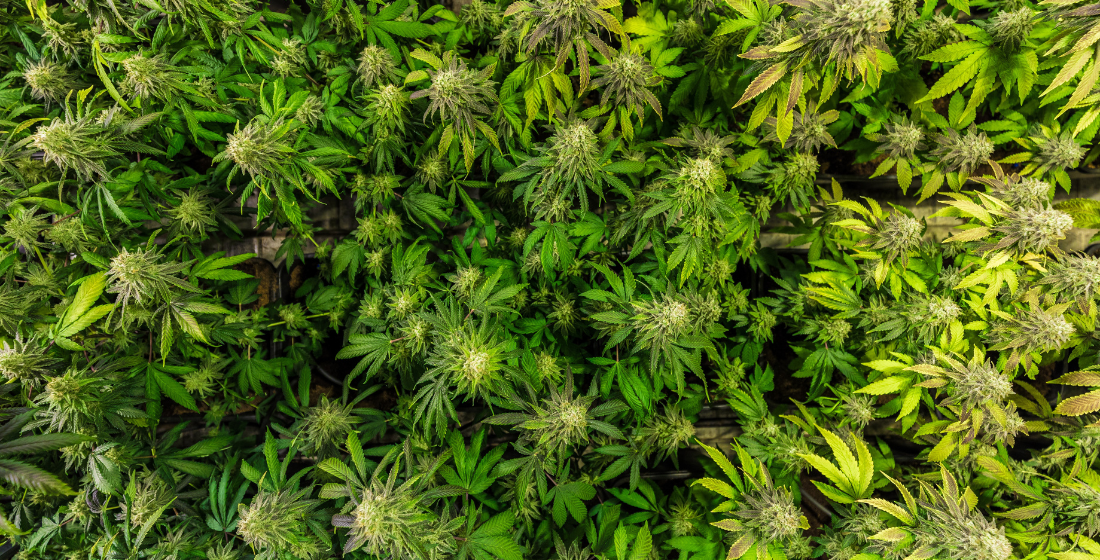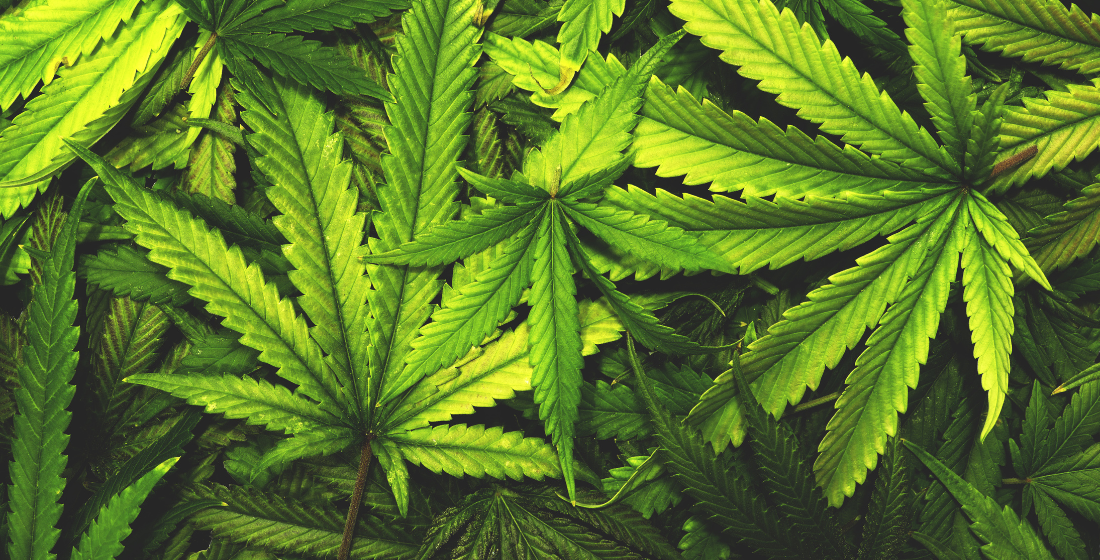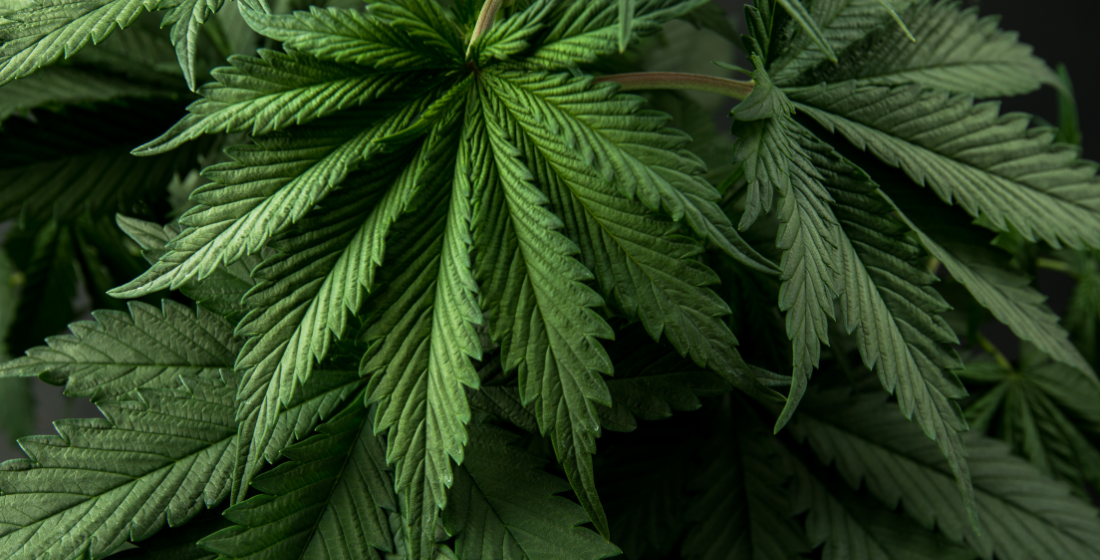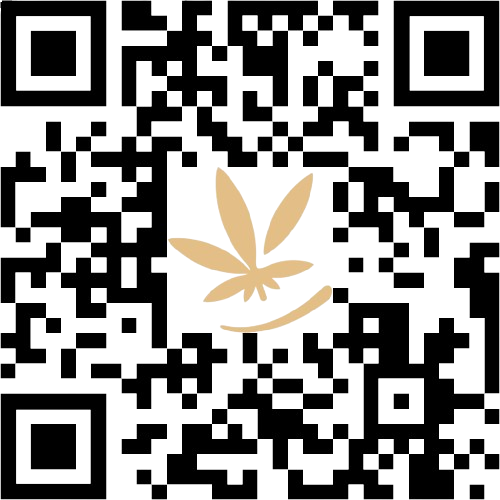Uzależnienie od marihuany: Powody, dla których ludzie rzucają palenie, objawy i proces leczenia
Konopie, znane ze swoich właściwości rekreacyjnych i leczniczych, mogą prowadzić do uzależnienia u niektórych osób. Droga do ograniczenia lub rzucenia używania konopi indyjskich jest trudna, ale oferuje wiele korzyści. Niniejszy artykuł zawiera informacje na temat powodów, dla których ludzie rzucają palenie, objawów uzależnienia od konopi indyjskich, procesu leczenia i sugestii, jak zmniejszyć spożycie konopi….

Dlaczego ludzie decydują się przestać używać konopi?
Motywacje do zmiany
Ludzie decydują się, aby przestać używać konopi głównie ze względu na poprawę swojego zdrowia i ogólnego funkcjonowania w różnych obszarach życia. Oto kilka ważnych powodów:
- Poprawa zdrowia psychicznego: Zauważają poprawę nastroju oraz w zakresie koncentracji i pamięci.
- Poprawa zdrowia fizycznego: Chcą zadbać o zdrowie swoich dróg oddechowych.
- Lepsza sytuacja zawodowa: Chcą uniknąć problemów w pracy.
- Lepsze funkcjonowanie społeczne: Chcą rozwiązać problemy w relacjach społecznych lub trudności finansowe.
Ograniczanie używania konopi może pomóc w obniżeniu tolerancji, co oznacza silniejsze efekty przy mniejszych ilościach konopi. Ponadto, często pojawia się większa aktywność, gdy nie pozostaje się pod wpływem konopi. Wiele osób zauważa poprawę swojego zdrowia psychicznego dzięki takiej strategii.
Zmniejszenie dawki jest również jedną z opcji dla tych, którzy planują całkowicie rzucić palenie, ponieważ objawy odstawienia mogą być łagodniejsze, gdy stopniowo ogranicza się używanie.
Jakie są objawy odstawienia marihuany i jak sobie z nimi radzić?
- Częstość: Objawy odstawienia występują u około 75% codziennych użytkowników marihuany. Im więcej palisz, tym bardziej nasilone są objawy odstawienia po rzuceniu. Objawy zaczynają się w pierwszym dniu, osiągają szczyt między 2 a 4 dniem i zazwyczaj ustępują po 5-10 dniach. Problemy ze snem i zaburzenia nastroju mogą utrzymywać się jeszcze przez kilka tygodni.
- Najczęstsze objawy: Najczęściej zgłaszanymi objawami odstawienia są trudności ze snem, drażliwość (czasem zwiększona agresja), niepokój, głód nałogowy i obniżony nastrój. Objawy te zazwyczaj trwają od 4 do 10 dni.
- Problemy ze snem: Sen jest największym problemem dla wielu osób – trudno jest zasnąć w pierwszych dniach odstawienia. Część osób doświadcza dziwnych i niepokojących snów.
- Objawy fizyczne: Niektórzy ludzie odczuwają bóle głowy, tracą apetyt, czują się chorzy i osłabieni, bardzo się pocą i mają dreszcze.
- Zmiany zachowania: Niektórzy ludzie (szczególnie mężczyźni z historią silnego gniewu lub agresji) mogą stać się zirytowani, nerwowi, a nawet agresywni po zaprzestaniu używania marihuany. Upewnij się, że bliskie Ci osoby wiedzą, że próbujesz ograniczyć używanie tej substancji, bo możesz czuć rozdrażnienie. Jeśli naraża to inne osoby (zwłaszcza dzieci), upewnij się, że możesz uzyskać profesjonalną pomoc (i ewentualnie leki uspokajające) lub upewnij się, że tych osób nie będzie w pobliżu przez jakiś czas.
- Uwaga przy samoleczeniu: Jeśli samodzielnie leczysz objawy zdrowia fizycznego lub psychicznego z wykorzystaniem konopi, czasami możesz czuć się gorzej, ograniczając lub zaprzestając ich używania. Warto w takiej sytuacji zgłosić się do lekarza specjalisty, aby złagodzić objawy odstawienne i znaleźć skuteczne metody leczenia.
#konopie, THC, rzucenie trawki, kontrola używania, terapia, wsparcie, zdrowe nawyki, radzenie sobie z objawami odstawiennymi, objawy odstawienne
Bibliografia
Global Drug Survey. Safer Drug Use Limit Guidelines: The world’s first safer drug use limit guide
Jak radzić sobie z objawami odstawienia?
- Aktywność fizyczna: Regularna aktywność fizyczna może pomóc odwrócić myśli od używania konopi i poprawić nastrój.
- Długoterminowy cel: Znalezienie długoterminowego i znaczącego celu życiowego może być motywujące podczas procesu rzucania konopi.
- Zaangażowanie w pracę lub naukę: Zajęcie się pracą lub nauką może zapewnić poczucie celu i umożliwić skupienie uwagi na pozytywnych działaniach.
- Zerwanie szkodliwych relacji: Rozważ zerwanie lub ograniczenie kontaktów z osobami, które zachęcają Cię do używania konopi.
- Wsparcie specjalistyczne: Skonsultowanie się ze specjalistą, zwłaszcza psychiatrą. Czasami niektóre leki są pomocne w radzeniu sobie z objawami odstawienia.
- Ćwiczenia oddechowe: Wykonywanie ćwiczeń oddechowych może pomóc w redukcji stresu i lęku związanego z rzuceniem używania konopi.
- Zajmowanie ust: Zajmij usta czymś innym – spróbuj gumy do żucia, słodyczy, napojów bezalkoholowych, wykałaczki, a nawet ołówka.
- Nawodnienie: Spożywanie co najmniej 2 litrów wody mineralnej dziennie może pomóc w utrzymaniu nawodnienia organizmu i redukcji objawów odstawienia.
- Planowanie nagrody: Zaplanowanie małej uroczystości na miesiąc od daty rozpoczęcia rzucania używania konopi może być dodatkową motywacją i okazją do świętowania postępów.
- Herbata z melisy: Spożywanie herbaty z melisy może pomóc w złagodzeniu napięcia i drażliwości związanych z odstawieniem używania konopi.
- Spacerowanie: Regularne, długie spacery mogą być relaksujące i pomóc w rozładowaniu stresu oraz poprawie samopoczucia.
- Relaksująca kąpiel: Długa kąpiel lub relaksujący prysznic mogą być sposobem na złagodzenie napięcia i stresu związanego z procesem rzucania używania konopi.
- Przygotowanie do snu: Przed pójściem spać, napij się czegoś ciepłego, posłuchaj spokojnej muzyki i stwórz relaksującą atmosferę, aby ułatwić zasypianie.
- Regularny rytm dnia: Utrzymywanie stałego rytmu dnia, wstawanie i kładzenie się spać o stałych porach, może pomóc w regulacji snu i samopoczucia.
- Dieta lekkostrawna: Przejście na dietę lekkostrawną może wspomóc proces oczyszczania organizmu i poprawić ogólne samopoczucie.
- Spożywanie owoców cytrusowych i pomidorów: Jedzenie owoców cytrusowych i pomidorów może pomóc w łagodzeniu objawów uderzeń gorąca i pocenia się związanych z odstawieniem używania konopi jak sugerują sami użytkownicy.
#konopie, THC, rzucanie trawki, terapia, wsparcie, zdrowe nawyki, radzenie sobie z objawami odstawiennymi
Bibliografia
Global Drug Survey. Safer Drug Use Limit Guidelines: The world’s first safer drug use limit guide
Proces zdrowienia w przebiegu uzależnienia od konopi
1 do 3 dni po rzuceniu konopi:
- Pojawiają się objawy odstawienia, które często obejmują drażliwość i poirytowanie.
- Płuca zaczynają się regenerować, jednak ten proces może trwać kilka lat.
2 dni do tygodnia po rzuceniu palenia:
- W tym okresie występuje wzmożony dyskomfort fizyczny i wahania nastroju. Depresja jest częstym objawem, pojawiającym się około tygodnia po rzuceniu konopi.
- Receptory w mózgu, które regulują procesy, takie jak odczuwanie przyjemności, motywacja, uczenie się, pamięć i kontrola motoryczna, wracają do normalnego funkcjonowania.
2 tygodnie po rzuceniu konopi:
- Większość objawów odstawiennych ustępuje, chociaż zaburzenia snu mogą trwać dłużej. Problemy ze snem mogą obejmować żywe, niepokojące sny.
4 tygodnie i kolejne miesiące po rzuceniu konopi:
- Receptory w mózgu wracają do normalnego funkcjonowania.
- Poprawia się pamięć, jasność umysłu oraz zdolność koncentracji.
#konopie, THC, rzucanie trawki, terapia, wsparcie, zdrowe nawyki, radzenie sobie z objawami odstawienia
Podobne posty
Konopie: podstawowe informacje
Popularność i potencjał terapeutyczny marihuany sprawiły, że stała się ona centralnym punktem badań i debat. Niezależnie od tego, czy rozważasz jej właściwości lecznicze, czy po prostu jesteś ciekawy jej efektów, zrozumienie podstaw marihuany jest niezbędne. Niniejszy artykuł przedstawia fakty, statystyki i aktywne składniki, które składają się na tę wieloaspektową roślinę
Jakie są objawy odstawienia marihuany i jak sobie z nimi radzić?
Konopie indyjskie, popularnie zwane marihuaną, stały się integralną częścią życia wielu ludzi. Jednak, podobnie jak w przypadku wielu innych substancji, odstawienie marihuany może prowadzić do pewnych objawów odstawienia. W tym artykule zbadamy objawy odstawienia związane z marihuaną i zaproponujemy strategie skutecznego radzenia sobie z nimi. Objawy odstawienia i inne trudności Dogłębne spojrzenie na…




